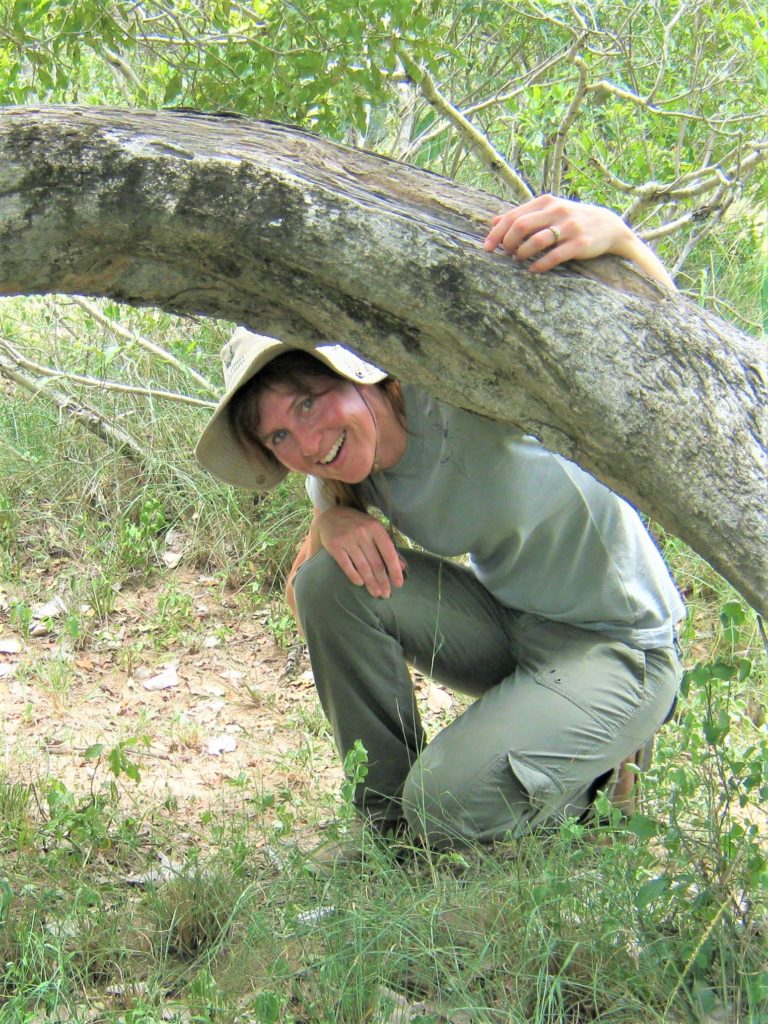I study the ecology of plants, particularly forbs (i.e. ‘wildflowers’) in tropical and subtropical grasslands and savannas of southern Africa. Considering the rich forb flora in sub-Saharan Africa, their contribution to human well-being via a diverse suite of ecosystem functions and services remains understudied and, hence, underestimated. My research is therefore focused on patterns of forb species diversity and their functional responses to natural disturbances (e.g. herbivory and fire) and/or stressful events (e.g. drought) to better understand and predict the potential effects imposed by land-use intensification and climate change.
Studies on the potential impacts of human activities, land-use changes/intensification and climate change on the ecological integrity of African ecosystems are often biased towards vertebrates and certain plant groups. Forbs not only contribute substantially to the overall biodiversity of sub-Saharan Africa, but also provide important ecosystem functions (e.g. nutritious food items to both humans and livestock, medicinal resources etc.) and services (e.g. nutrient cycling, carbon sequestration, food security through supporting pollinators etc.) to human livelihoods. Anthropogenic pressures have pushed ecosystems into alternate stable states, which support lower forb diversity and a much weaker contribution to important ecosystem functions and services. Large-scale, intensive crop production has filtered out many species with the ability to store carbon belowground, which also serve as important medicinal plants for rural livelihoods in sub-Saharan grassy ecosystems. Intensive livestock grazing or the complete exclusion of large mammals and/or fire may deplete forb diversity and hence, negatively impact the stability of rangeland systems.

